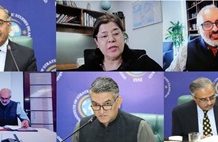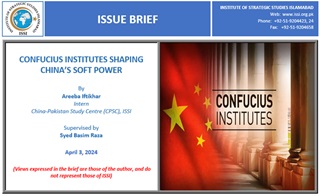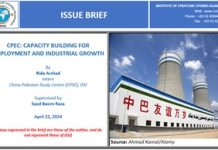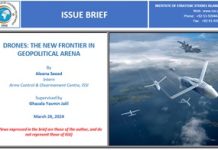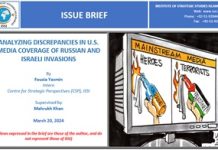After the Cold War, soft power became an essential tool for states to move forward in the complex geopolitical landscape of an anarchic world. Soft power, a phenomenon introduced in 1990 by U.S. academic Joseph Nye is unique in a way that it involves states using positive attraction and persuasion instead of hard power to advance foreign policy objectives. In a globalized world, using force or threatening other nations could lead to considerable costs as states have become more interdependent; consequently soft power has gained more significance. States have re-adjusted their strategies to make their country naturally influential and attractive.[1]
Soft power strategy of a state is shaped by its social, political, economic and cultural aspects. Among the different varieties of soft power spanned across the globe, China’s soft power can be denoted as “Wise Power of China”.[2] China as world’s second largest economy and a major international actor is enhancing its soft power to make China more appealing to the world. China also uses traditional tools of soft power promoting its culture such as establishing “Confucius Institutes” cultural study centres around the world.




